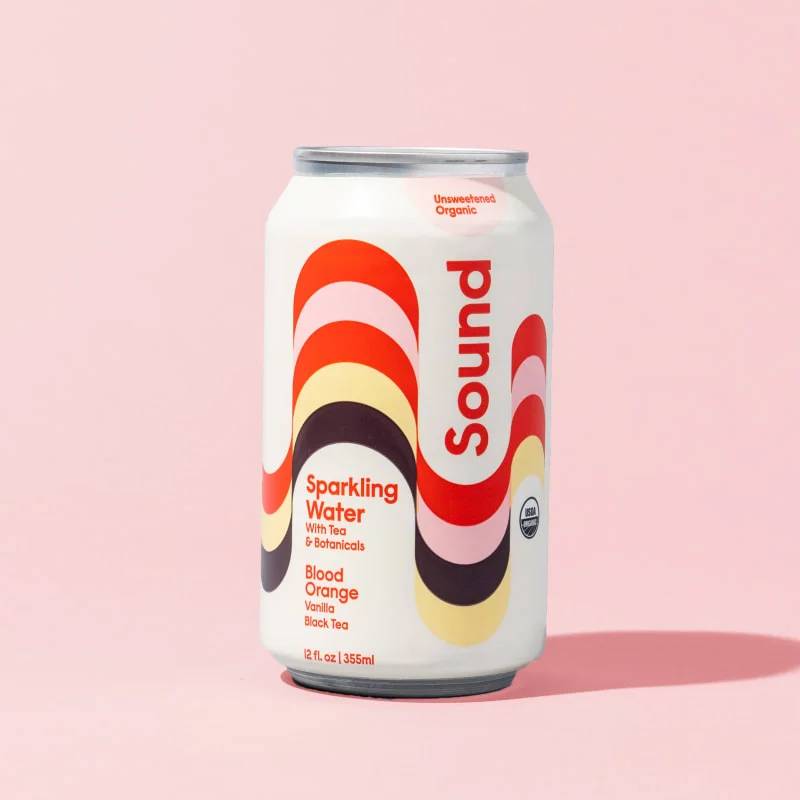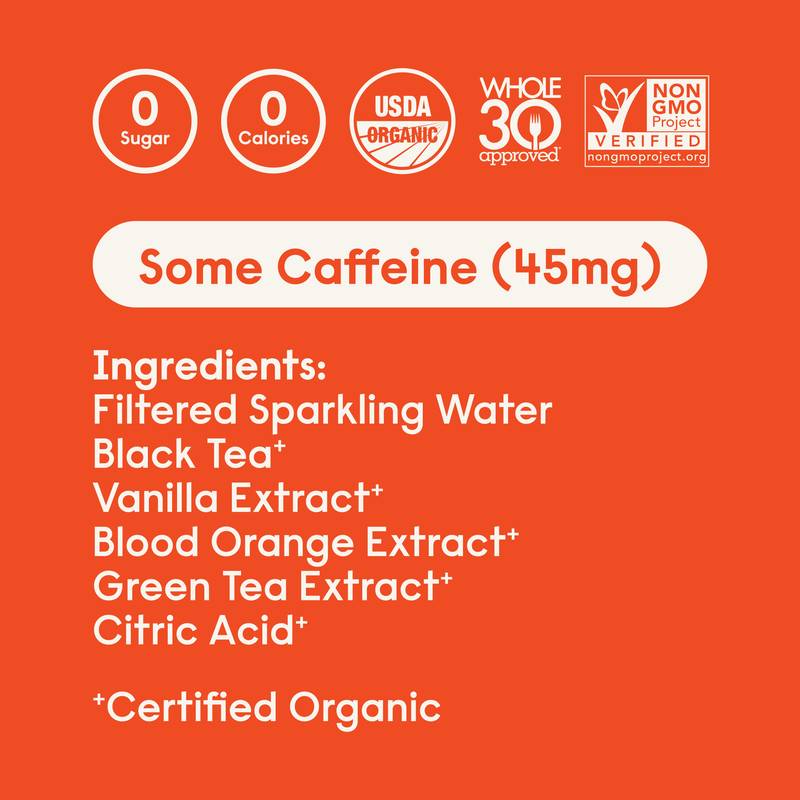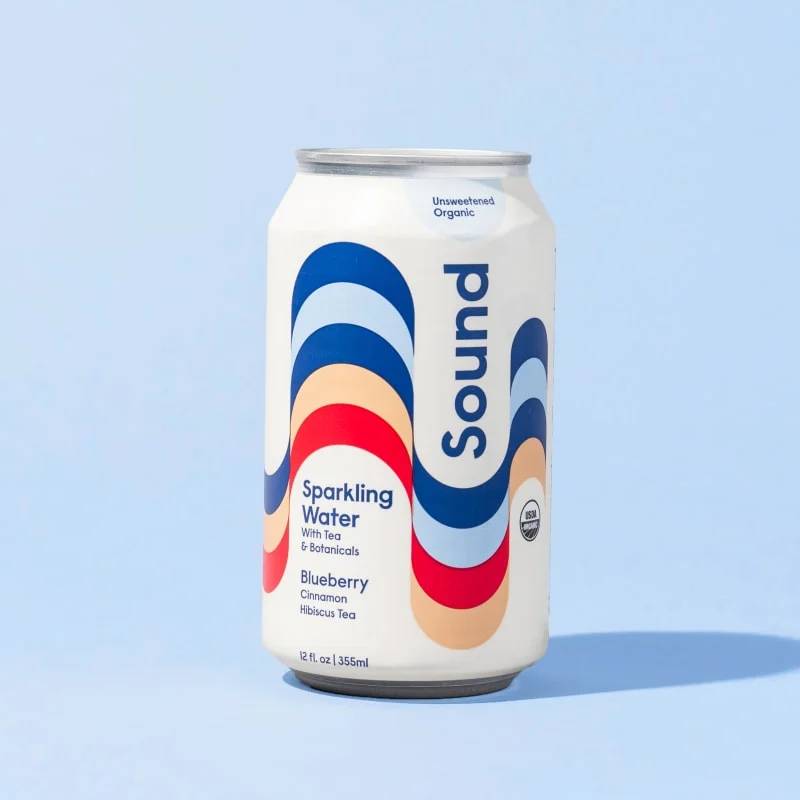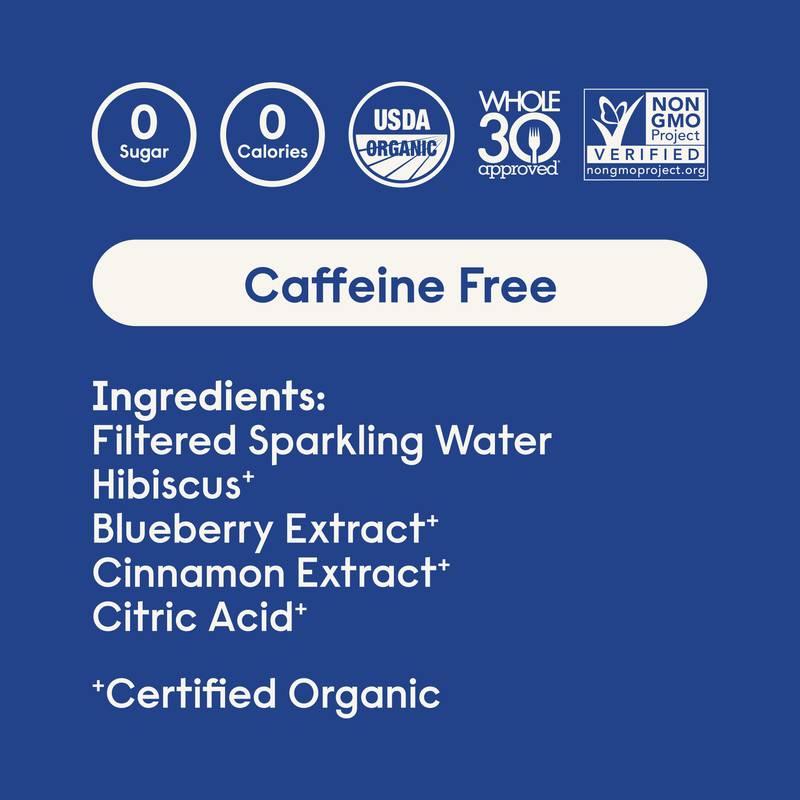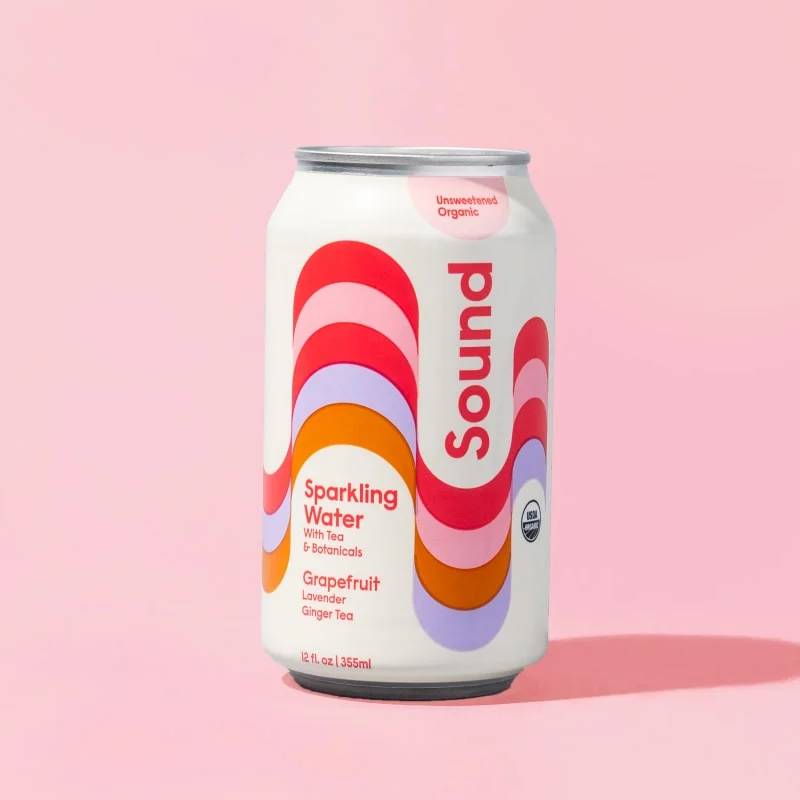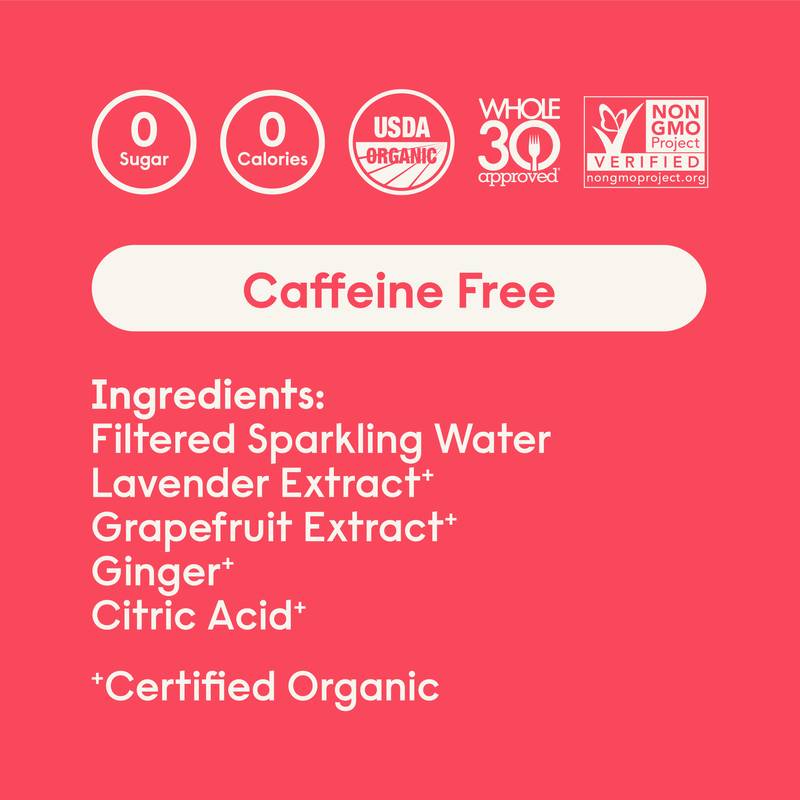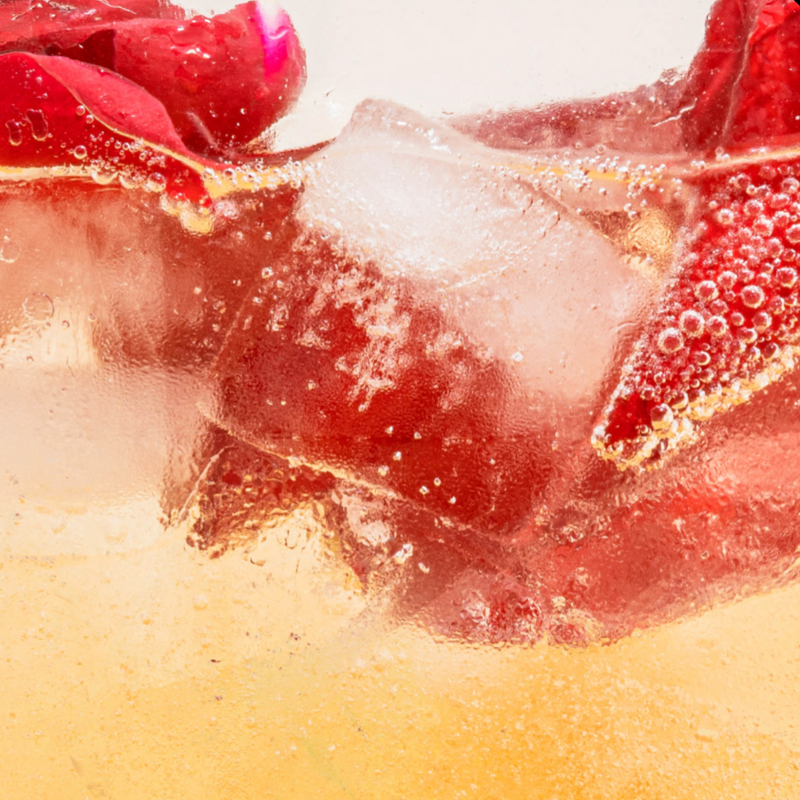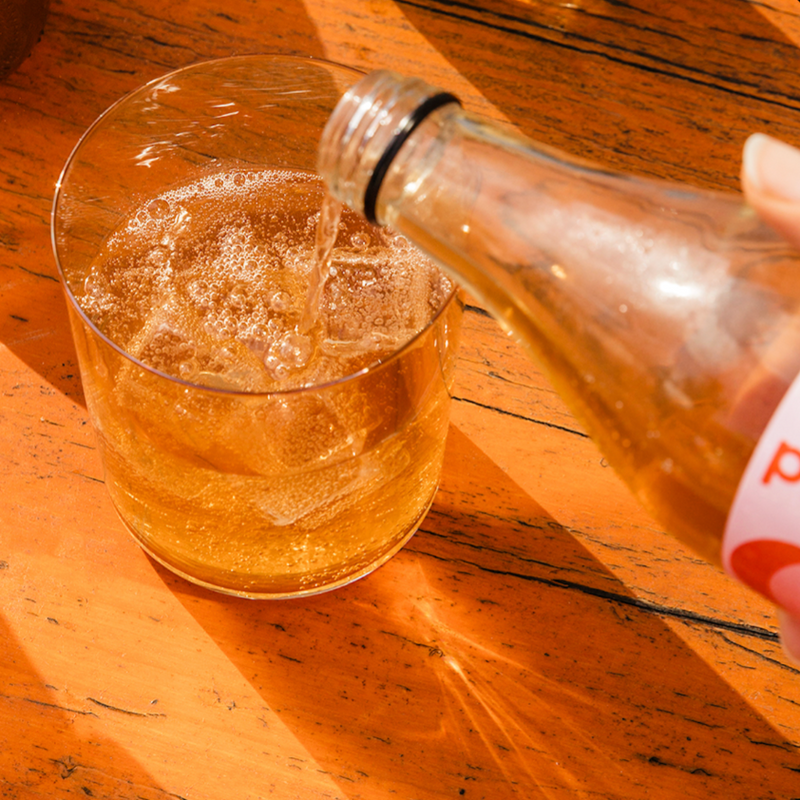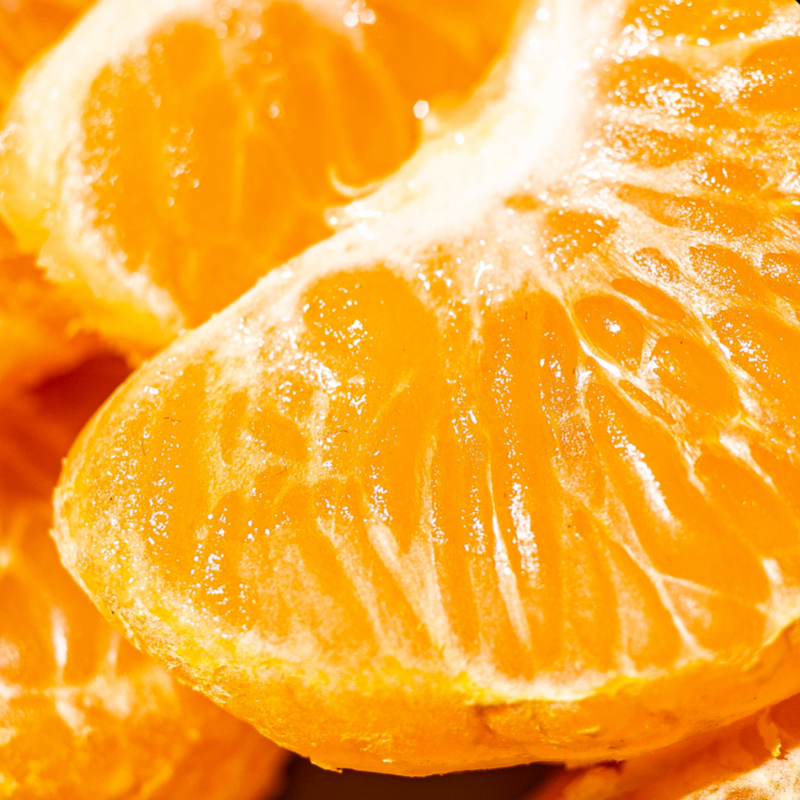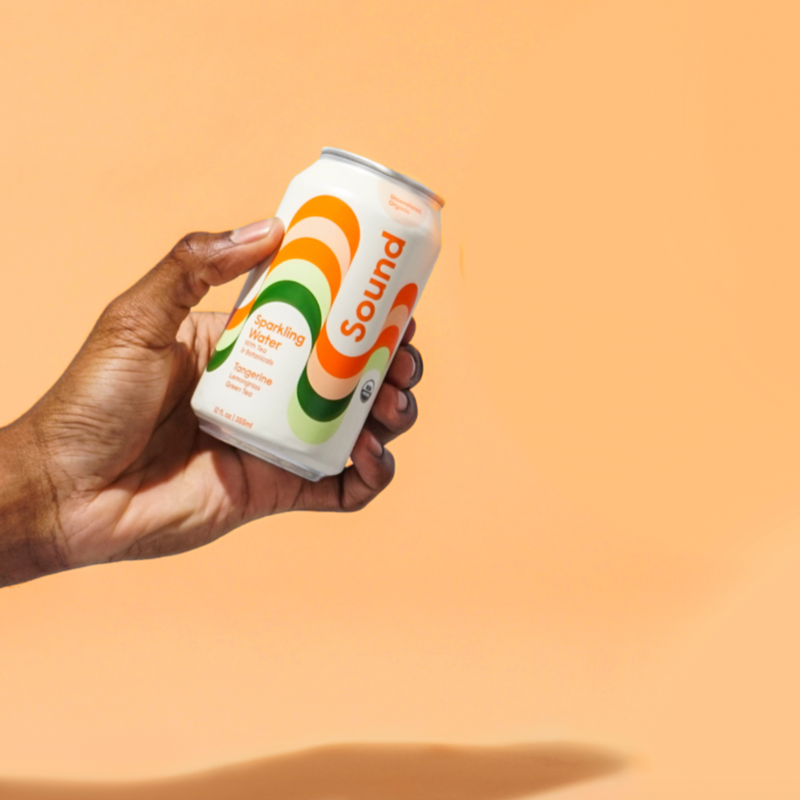Ingredients as refreshing as your first sip.
Truth is, almost all drinks have either sugar or other sweeteners. It’s because sugar is very addictive and makes us super excited to consume it. But hope is not lost. By using high-quality, organic ingredients in thoughtful ways, unsweetened drinks can taste better than the sugary ones. In other words, you can keeping drinking all the flavors that sparkle while taking care of yourself, too. A world in which the most exciting options are also the healthiest...seems like a pretty sweet life to us.
What we use:
What we use & why:
Why:
Organic
Extracts
The world of flavors and extracts is fairly complex, and often comes with plenty of mystery. The term "natural flavors" may sound healthy, but at times they actually have not-so-natural ingredients within them. In many cases, the company that's purchasing the flavors doesn't even know what the "flavor" is actually derived from as it's proprietary to the manufacturer.
We use Certified Organic Extracts for two reasons:
1. With the USDA organic certification, we know that ingredients like artificial preservatives and GMOs are prohibited from being used, as are certain processing methods such as irradiation.
2. "Extracts" are generally derived from one single source, i.e. organic blueberries, whereas flavors are generally a blend of several sub-ingredients.
No sugar or
Sweeteners
While almost 80% of packaged beverages on the market contain some kind of sweetener, the decision to skip sugar, monk fruit, stevia, erythritol, and the never ending list of other sweeteners was an easy one for us.
Research upon research finds that Sugar Sweetened Beverages increase the risk for obesity, metabolic syndrome, high blood pressure, diabetes, depression & anxiety, and much more. It's not up for debate.
High-Intensity Sweeteners — the low or no calorie substitutes for sugar often found in "diet" or "low calorie" products that taste sweet— are at times derived from natural sources but almost always heavily processed.
Organic Citric Acid
Citric acid is often added to beverages to bring the pH low enough to a point where it's considered "shelf stable" — generally, this means bacteria cannot thrive in the environment, and allows the beverage to be stored unrefrigerated.
You may be surprised to hear that about 90% of commercial citric acid is not actually from citrus, but instead from fermentation of a black mold called Aspergillus niger. The reason? You guessed it — it’s way more efficient and less costly to produce.
We use one of the only commercially available Certified Organic Citric Acids, which is actually derived from organic citrus fruits.
Glass & BPA-NI Cans
BPA, otherwise known as bisphenol A, is frequently found in wide variety of packaging like plastic bottles, "paper" receipts (like what you get at the grocery store) and sometimes aluminum cans as well. It's an endocrine disruptor, meaning that it throws our hormones out of balance which can lead to reproductive issues, lowered immune response and even increase the risk for mental health issues like depression and hyperactivity.
We use only glass bottles and BPA-Non Intent (BPA-NI) cans. This means that BPA is not intentionally added to the package. The manufacturers haven't legally referred to them as "BPA-Free" because BPA is so widely occurring in our atmosphere that trace amounts could still be found in testing.
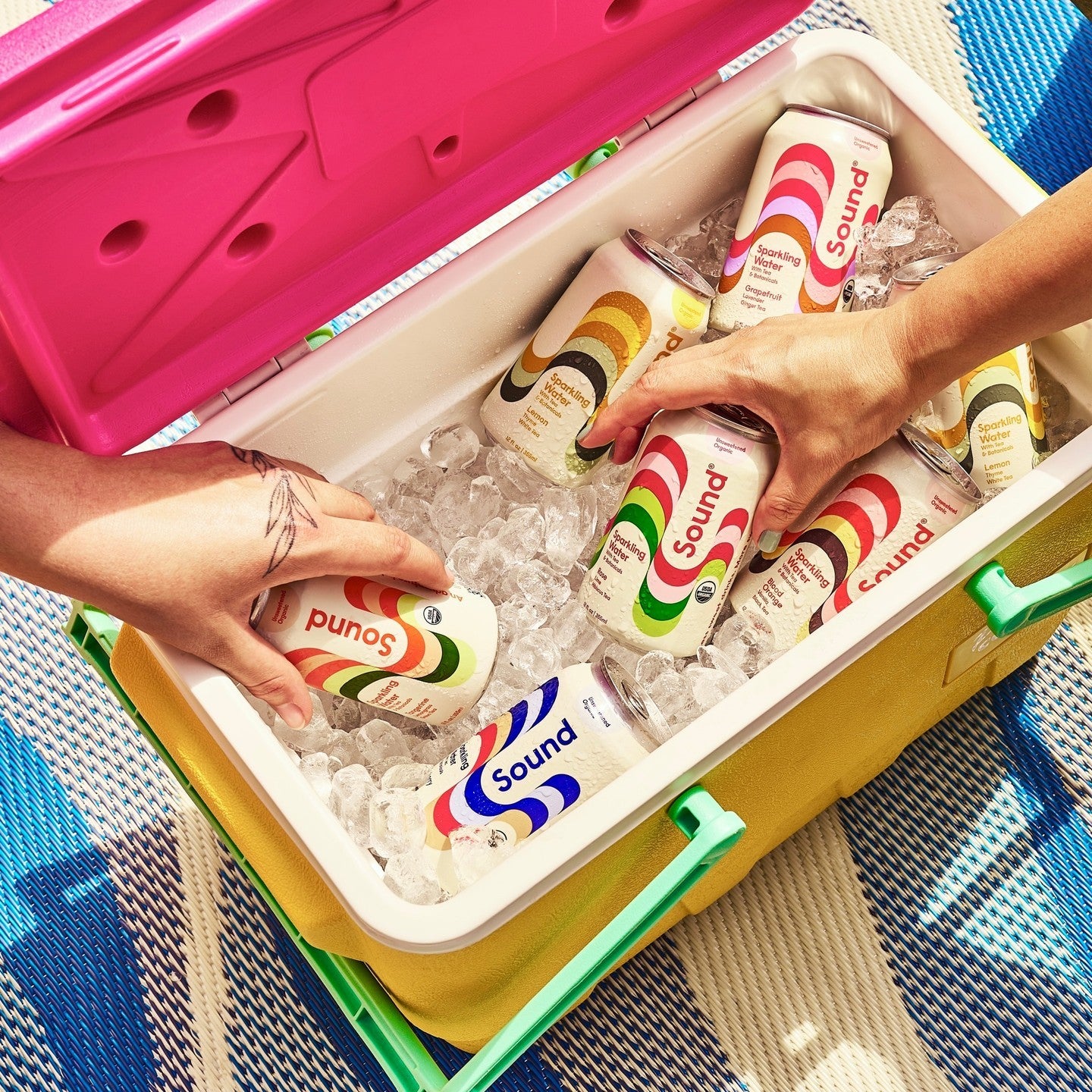
An adventure in bubbles.
Shop our Best Sellers
Shop All